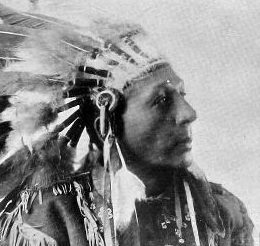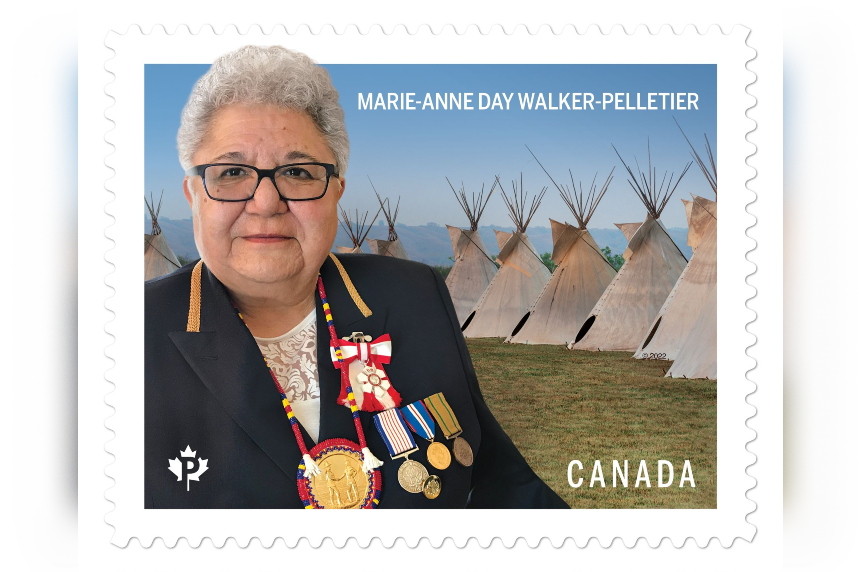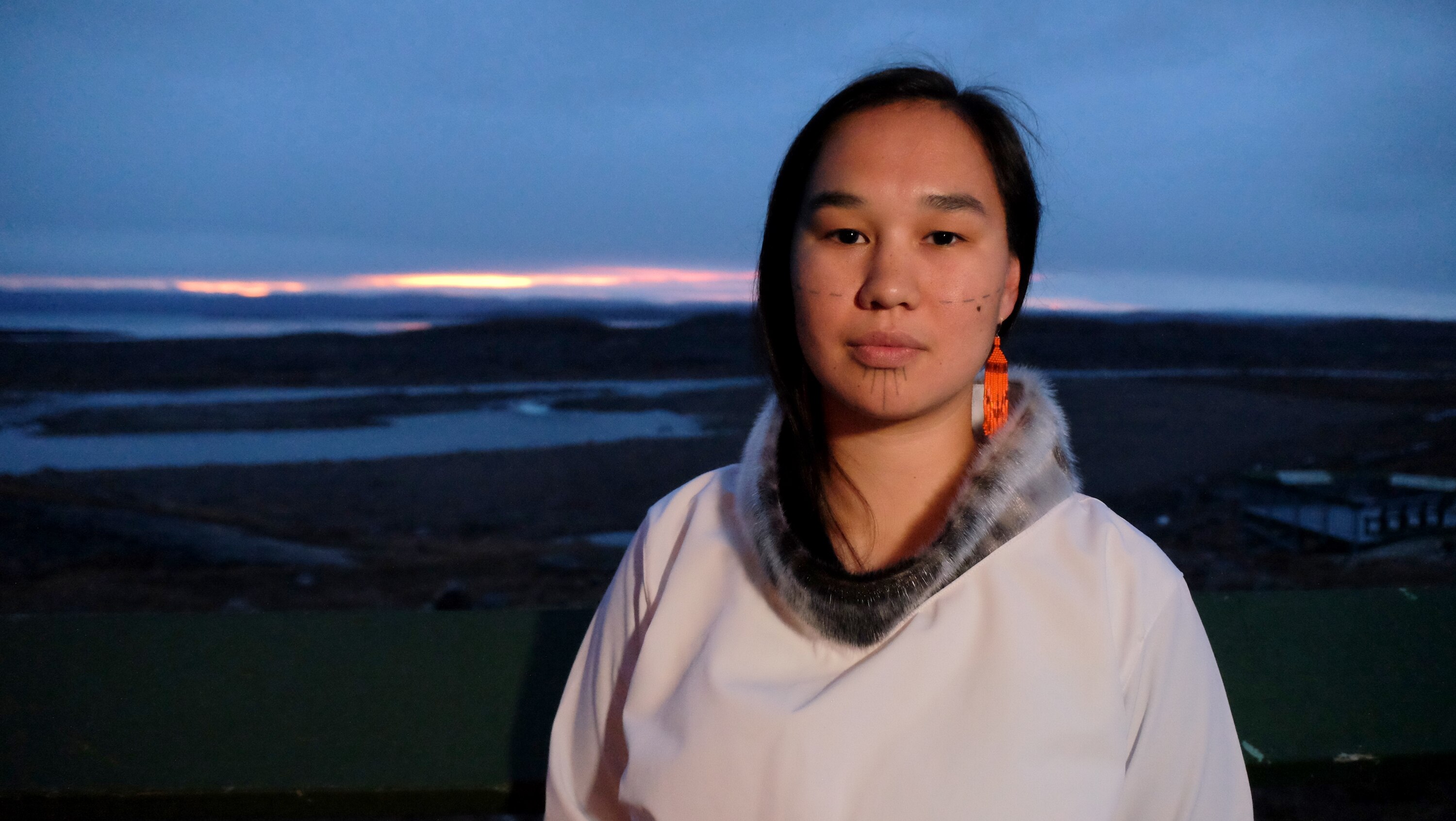Article
John Brant (Ahyonwaeghs)
John Brant (Ahyonwaeghs), Kanyen’kehà:ka (Mohawk) Grand Chief, Indian Superintendent (born 27 September 1794 near Brantford, ON; died 27 August 1832 near Brantford, ON). John Brant was the son of Joseph Brant, Kanyen’kehà:ka (Mohawk) chieftain and the first Indigenous person to receive a commission in the British Army, as a captain in 1757. Brant was also the nephew of Robert Johnson Kerr, who was the son of Major General Sir William Johnson and brother-in-law of Joseph Brant.














